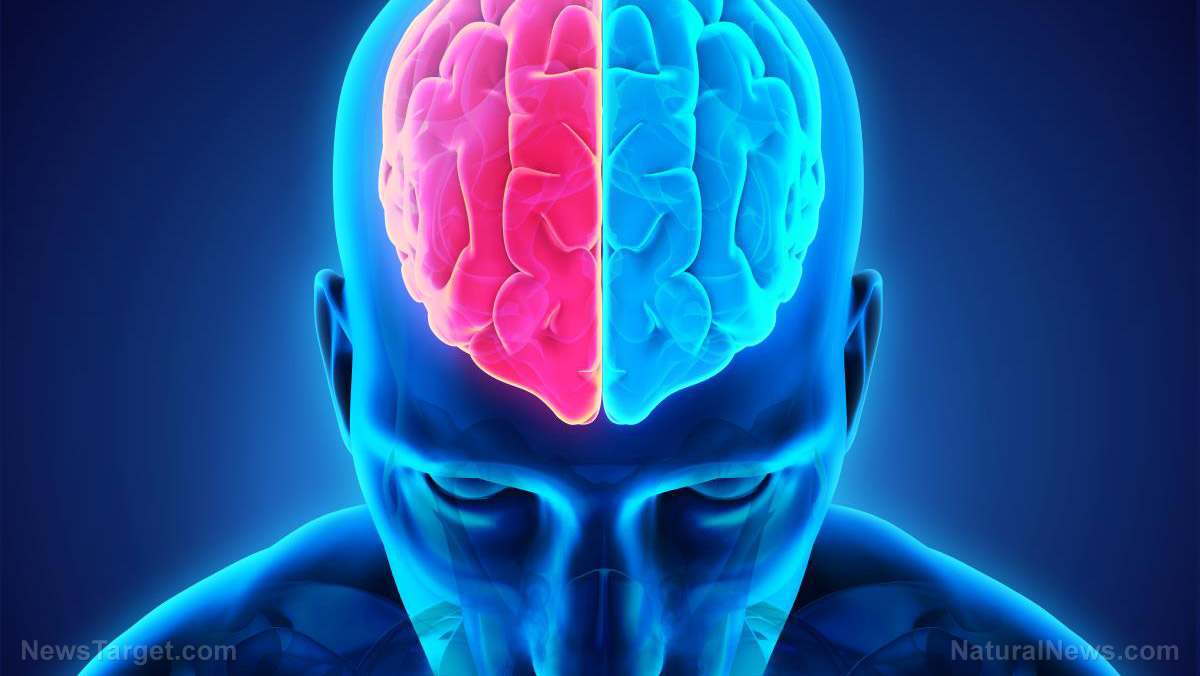Neuroscience study finds that stress retards your ability to learn
04/04/2018 / By Michelle Simmons

Researchers from the Ruhr-Universität Bochum looked at how well category learning works during a stressful episode with the use of electroencephalography (EEG).
In the study, they compared the performance of 16 stressed men with the performance of 16 relaxed men in categorization learning. The researchers decided to conduct the research on men because women tend to have different reactions to stress during their hormone-cycle, according to Marcus Paul, one of the researchers.
Before the learning test was conducted, the researchers induced stress on the participants through the use of ice water and a camera. Half of the men were tasked to put their hands in ice water while being filmed. Meanwhile, the other half were tasked to put their hand in warm water without being filmed. During the test, the participants divided various colored rings according to their color scheme in two categories. They both had to learn to assign similar objects as well as exceptions – rings that differed from other rings in their category. Earlier studies showed that the brain regions that are important for learning exceptions are especially sensitive to stress. At the same time, the researchers measured the brain activity of the participants using EEG.
The findings of the study, which were published in the Journal of Cognitive Neuroscience, revealed that the stressed participants performed as well as the relaxed ones in the categorization test. However, their brains exhibited an increased activity during the test and they used extra brain regions. The EEG of the stressed participants also showed an increased activity in the theta-frequency above the medial prefrontal cortex, especially when the participants learned the exceptions. Theta-waves indicate cognitive control mechanisms.
“We think, we have found a mechanism which allows us to give a good performance in a categorisation-test, even if we are stressed,” said Oliver Wolf, one of the researchers of the study.
The researchers plan to conduct further research on whether the change in the neuronal activity of stressed and relaxed participants during the learning process influences their performance in a test carried out on the next day. (Related: Incorporating nature into school reduces children’s stress and improves learning.)
How stress interferes with learning and memory
Some people find it difficult to recall information when they are under stressful situations, like when taking a final exam. A study published in the journal Neuroimage examined the role of stress in combining new information and memories. In the study, the researchers used a task to provoke stress in a laboratory setting. The task simulated a 15-minute job interview that included a public speaking portion in front of a group of stern-faced evaluators.
After fifteen minutes of being stressed out, the participants were tasked to learn two different types of information. One type was related to memories they already held, while the other constituted entirely new information. The changes in the participants’ brain activity while learning the two types of information were observed by the researchers with the use of functional magnetic resonance imaging (fMRI).
Results revealed that there was an increase in activation of the medial prefrontal cortex (mPFC) while the participants were engaged in memory-related learning. Moreover, the hippocampus was activated as the participants processed information. However, the researchers saw an impairment in mPFC activity during learning when participants were placed under stressed. In turn, this resulted in poorer performance on the task.
See Brain.news for more coverage of neuroscience.
Sources include:
Tagged Under: Brain, brain activity, brain function, brain health, categorization test, functional learning, learning, learning and memory, memory, mental stress, pre-frontal cortex, stress, stressful episode, stressful situations




















